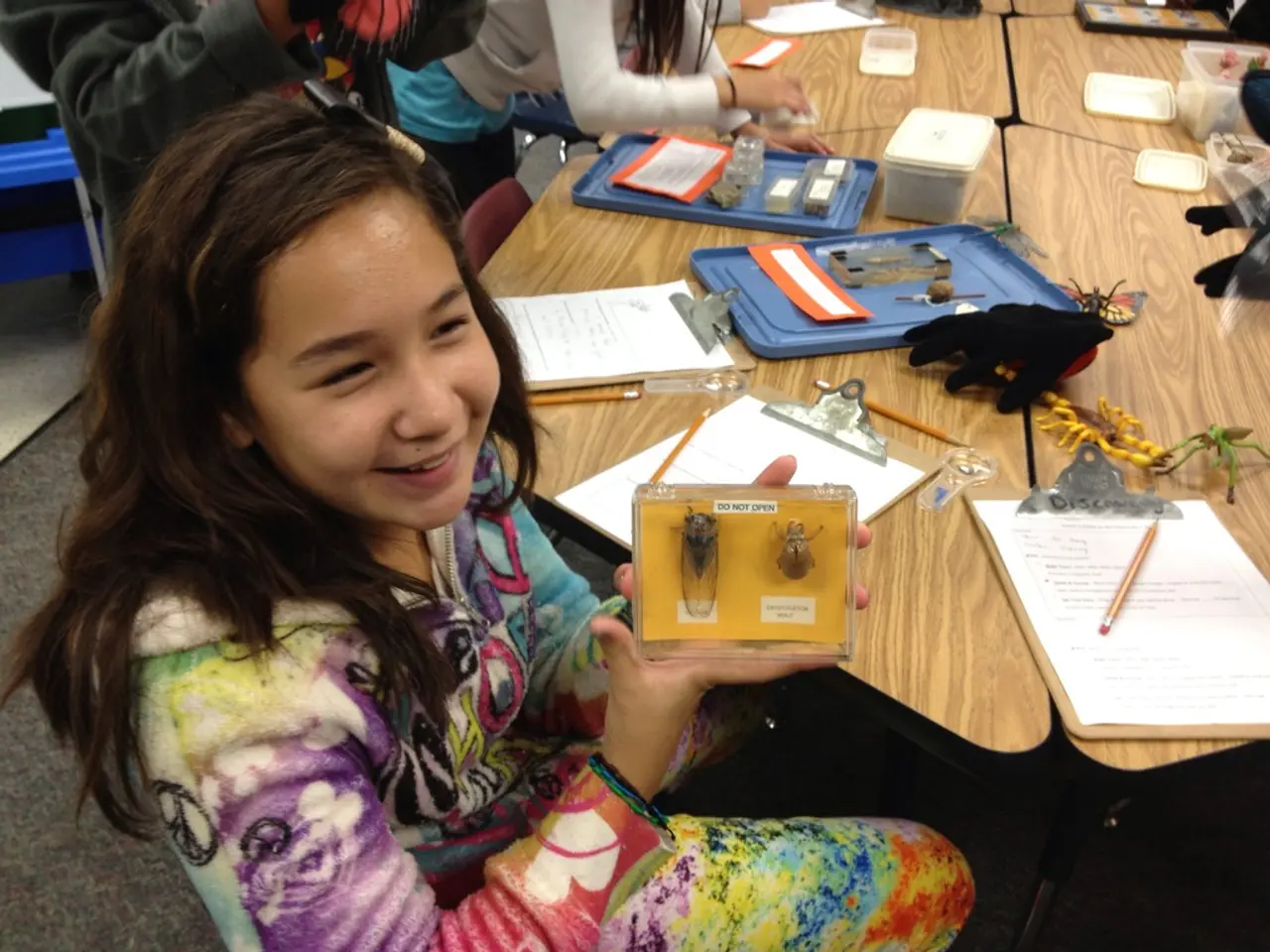Research indicates that opportunities for access can foster the development of aspiring scientists
Empowering Underrepresented Students in Neuroscience at the University of Rochester
The University of Rochester is home to the NEUROCITY program, an initiative designed to support and engage underrepresented students in the field of neuroscience research. This program, a beacon of inclusivity, aims to provide practical lab experience, mentorship, and academic development opportunities to foster the interest and success of students from diverse backgrounds.
Key Aspects of NEUROCITY
The program offers a comprehensive approach to learning, with research training, mentorship, academic support, and community building at its core. Students participate in neuroscience research projects, gaining hands-on experience and exposure to cutting-edge scientific techniques under the guidance of faculty and graduate mentors.
Mentorship is a crucial component of NEUROCITY. Each student is paired with a mentor who guides them through the research process, academic challenges, and career planning. Workshops, seminars, and coursework enhancement help build foundational knowledge and prepare students for advanced studies.
NEUROCITY also fosters a supportive network among participants, helping to reduce isolation often experienced by underrepresented students in STEM fields.
Impact on Underrepresented Students
By actively recruiting students from diverse backgrounds who historically have had less access to neuroscience research opportunities, NEUROCITY increases representation in the field. It improves retention and success rates in STEM fields by providing targeted support and resources. Participants often continue on to graduate programs or careers in neuroscience, thereby contributing to diversifying the scientific community.
Success Stories
Jose Reynoso, currently a lab assistant in the Keane Vision & Psychosis Lab at the University of Rochester Medical Center, is one such success story. During his time in NEUROCITY, he worked in the lab of Duje Tadin, PhD, professor and chair of the Brain and Cognitive Sciences Department at the University of Rochester. After completing the program, Jose enrolled in the Post-baccalaureate Research Education Program (PREP) at the University of Rochester Medical Center.
Another success story is Chen Li, a graduate student in the Brain and Cognitive Sciences Department at the University of Rochester. During the NEUROCITY program, she worked in the Dynamics of Cognition Lab at the University of Rochester Medical Center. Chen is currently working on a project to understand the neural modulation that connects tactile and visual processes, with mentors including Ian Fiebelkorn, PhD, and Assistant Professor Manuel Gomez-Ramirez, PhD.
Collaborative Partnerships
The Del Monte Institute for Neuroscience Diversity Commission and the City College of New York launched the NEUROCITY partnership program in the summer of 2021. This collaboration has allowed more students to benefit from the program's resources and opportunities.
Contributions to Science
NEUROCITY scholars, including Chen Li, have been co-authors of peer-reviewed scientific research. Yacinda Hernandez and Jancy Contreras, former NEUROCITY participants, have co-authored papers published in PLOS ONE led by Duje Tadin and Neuroscience Professor Julie Fudge, MD, respectively.
Jose Reynoso's team developed a new task to measure perceptual decision-making as part of the NEUROCITY program. This task has likely contributed to the advancement of neuroscience research.
Empowering the Future
Assistant Professor of Psychiatry Brian Keane, PhD, supports the philosophy of NEUROCITY, taking bright, motivated students who may have fewer opportunities or more challenging backgrounds and providing them with experiences, tools, and instruction to pursue a career in neuroscience. NEUROCITY plays a significant role in empowering underrepresented students to thrive in neuroscience, fostering diversity, and enhancing the intellectual richness of the field.
The University of Rochester's NEUROCITY program is a testament to the university's commitment to inclusivity and diversity in neuroscience education and research. By providing underrepresented students with the tools and opportunities they need to succeed, NEUROCITY is helping to bridge gaps in opportunity and promote equity in the field.
In the realm of education and self-development, the NEUROCITY program at the University of Rochester extends its scope beyond neuroscience, offering practical lab experiences, mentorship, and academic development opportunities in health-and-wellness, fitness-and-exercise, and career-development, empowering students from diverse backgrounds to achieve success in various fields.
The program's collaborative partnerships, such as the one with City College of New York, are instrumental in expanding its impact, ensuring more students have access to valuable resources that can propel them towards advanced studies and rewarding careers, contributing to a more diverse scientific and health community.




